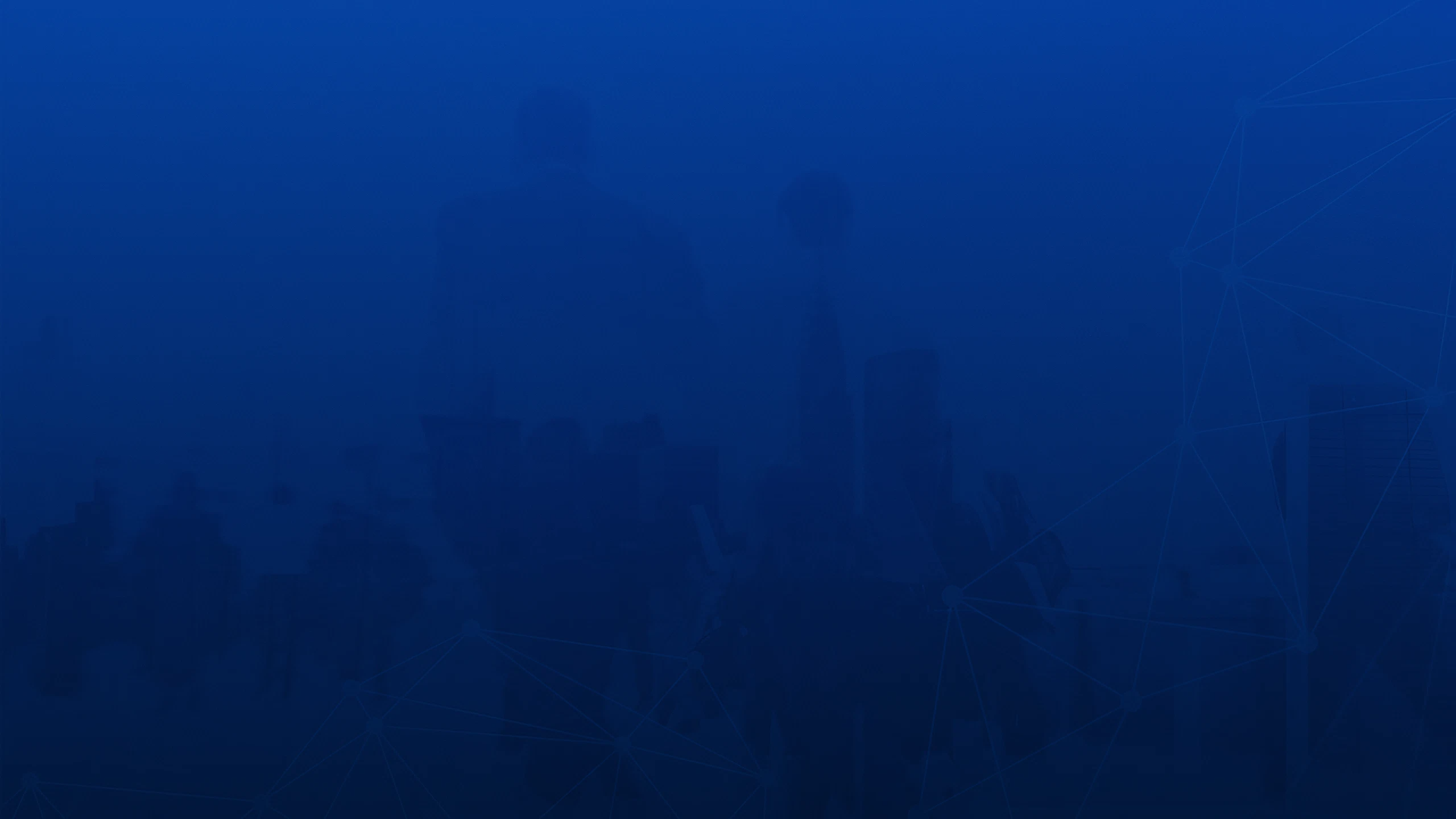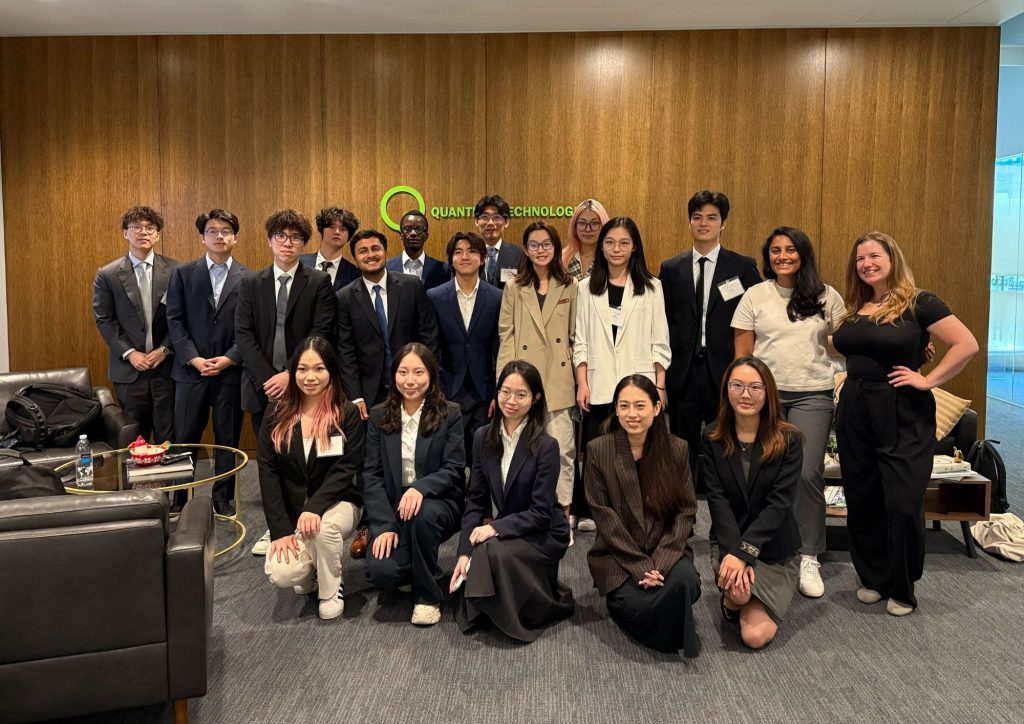
Welcoming the Next Generation of Quant Talent: CMU MSCF Employer Trek!
We were thrilled to welcome students from the CMU MSCF program to our office last Friday, August 22nd! It was a fantastic opportunity to connect with the future leaders of finance and showcase what Quantbot is all about.

As we kick off the campus recruitment season, we’re excited to meet more talented individuals and share our passion for innovation and technology in the investment world. Stay tuned for updates and check out our other social media platforms like Instagram and LinkedIn for more!
Darts & Drinks Evening at Flight Club in London!
Last night, the London office had loads of fun at Flight Club, an interactive darts bar, playing a variety of games against one another. While Tim talked big game, it was Joe who ended up as the overall winner of the evening! With each mini game, two people were paired together to compete against the others, showcasing everyone’s dart skills and aiming accuracy.
No London evening out is complete without some pizza and beer, which the team enjoyed as they played. Here’s to another fun summer event for the UK office!
Make Your Own Ice Cream Sundaes! The End of Summer Intern Farewell in New York
On Wednesday, the New York office had a farewell event for the summer interns, as the internships for 2025 wrap up throughout August. The interns celebrated the end of an exciting, insightful, and successful summer at Quantbot along with the rest of the team, reflecting on the past few months of learning and developing as professionals.
Everyone enjoyed delicious sandwiches from All’Antico Vinaio, as well as ice cream sundaes in the kitchen, complete with a wide variety of flavors and toppings to choose from. While we are sad for the interns to leave, we look forward to seeing many of them as future Quantbot employees who will help to grow and enhance the company!
Partner and Intern Lunches for Summer 2025!
Throughout this summer, all of our New York interns have had the opportunity to enjoy group lunches with each of our US-based Quantbot partners. Over delicious catered food, the interns had the chance to pick the brains of our seasoned professionals, as well learn about the partners’ experiences starting and growing Quantbot over 15+ years. It is always exciting to meet the new generation of enthusiastic interns, and Paul, Ashar, Mike, Rohit, and Tom are all glad to have had the chance to speak with them in a more personal setting.
In the London office, Thuong also held a lunch with our two interns, alongside directors Dan and Tim, as they all discussed their progress that has been made this summer. As we are coming to the end of the intern season, we wish nothing but the best for those who have joined us at Quantbot this summer!
F1 Arcade Racing Simulator Event in London!
Start your engines! The London office enjoyed an exhilarating evening at the F1 arcade, competing in four teams of four against each other. With endless food and drinks, the fun lasted all evening, with Joe taking the win overall after 28 total rounds. Lily and Zihao from the New York office also joined in on the fun, which was a special treat! As the sun began to set, the shades were brought up to reveal stunning views of St. Paul’s Cathedral right next to the venue.
As July comes to a close, we look forward to more visitors in London for the summer, as well as lots of more outings!

